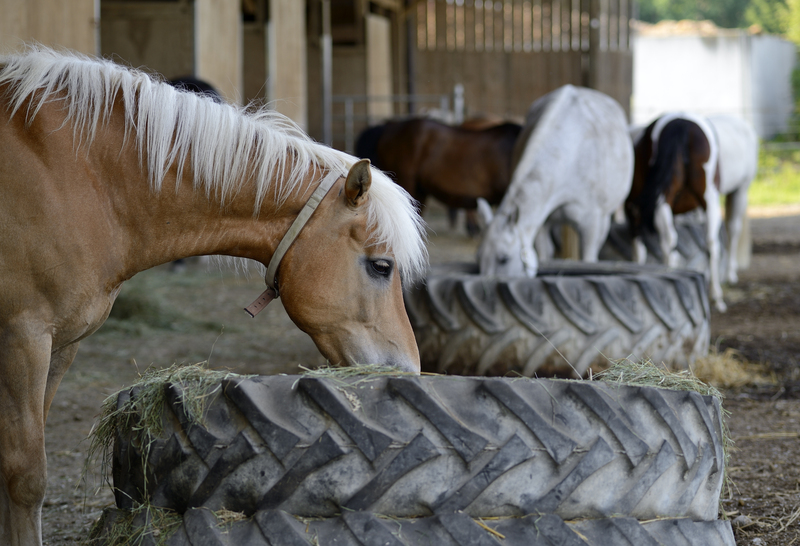Recycling Tips for Young Learners
Posted on 29/09/2025
Recycling Tips for Young Learners
Recycling is an important practice that benefits the environment, conserves resources, and helps combat climate change. Educating young learners on the importance of recycling can instill lifelong habits that contribute to a healthier planet. Below are some helpful recycling tips for young learners, designed to make the process fun and informative.
Understanding the Basics of Recycling
Before diving into specific tips, it's essential for young learners to understand what recycling is. Recycling involves collecting, processing, and reusing materials that would otherwise end up in landfills. Commonly recycled materials include paper, cardboard, glass, plastic, and metal.

Identifying Recyclable and Non-Recyclable Items
One of the first steps is to teach young learners how to distinguish between recyclable and non-recyclable items. Create a simple chart or poster that lists common household items and indicates whether they can be recycled. For instance:
- Recyclable: Paper, cardboard, plastic bottles, aluminum cans, glass jars
- Non-Recyclable: Plastic bags, Styrofoam, contaminated food containers, certain types of plastic
Organizing a Recycling Station
Setting up a recycling station at home or in the classroom can make the process more organized and efficient. Use clearly labeled bins for different types of recyclable materials. Make it colorful and engaging to encourage participation.
Recycling Tips for Young Learners
Here are some practical tips that can help young learners get involved in recycling:
- Start Small: Begin with one type of material, such as paper, and gradually include other materials as they become more comfortable with the process.
- Use Visuals: Visual aids like posters or stickers can help young learners remember what can and can't be recycled.
- Lead by Example: Parents and teachers should model good recycling habits to reinforce the importance of recycling.
- Make it Fun: Turn recycling into a game or competition to keep young learners engaged.
- Provide Rewards: Offer small rewards or praise for consistent recycling efforts.
Pros and Cons of Recycling
Understanding the benefits and drawbacks of recycling can provide young learners with a balanced perspective.
Pros:
- Reduces waste in landfills
- Conserves natural resources
- Reduces energy consumption
- Decreases pollution
- Encourages sustainable living
Cons:
- Can be confusing to sort materials correctly
- Requires effort and time
- Recycling facilities may not be available in all areas
- Some materials are not cost-effective to recycle

Takeaways
Recycling is a vital practice that young learners should be introduced to early in life. By teaching them the basics of recycling, setting up an organized recycling station, and making the process fun and rewarding, we can help instill valuable habits that will benefit our planet for generations to come.
Conclusion
Recycling is more than just a trendy concept; it's a crucial step towards sustainable living. By starting young learners on the path of recycling, we are equipping them with the knowledge and habits needed to make a positive impact on the environment. Although there are challenges to recycling, the benefits vastly outweigh the drawbacks. Let's nurture a culture of recycling among young learners to ensure a brighter, greener future.
Direct Answer: Recycling offers numerous benefits such as reducing waste in landfills, conserving resources, and decreasing pollution. However, it can be confusing and requires effort. Teaching young learners about recycling, its benefits, and how to do it correctly can instill lifelong habits that contribute to a healthier planet.
Latest Posts
Eco-Friendly Home Organization
Dispose with Care: Responsible Strategies for Removing Waste
Sustainable Solutions for Commercial Waste
Sustainable Solutions: A Closer Look at London's Waste Reduction Efforts

 020 3744 5712
020 3744 5712










